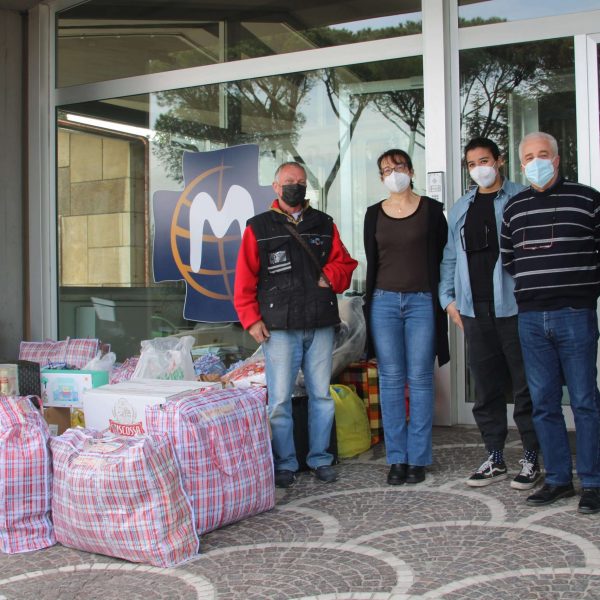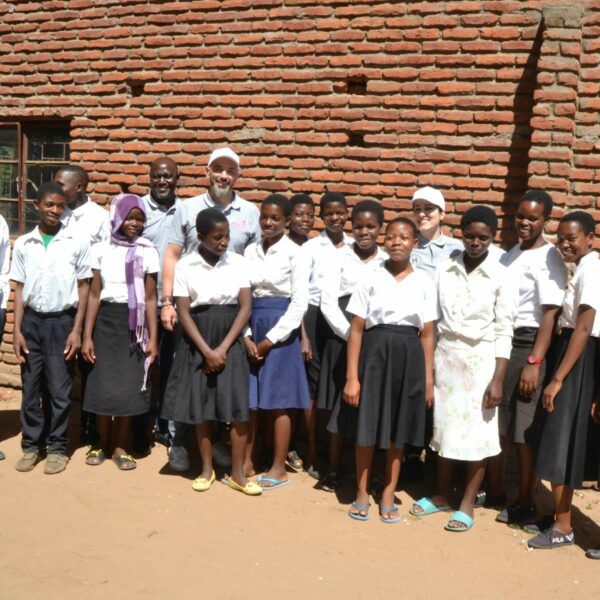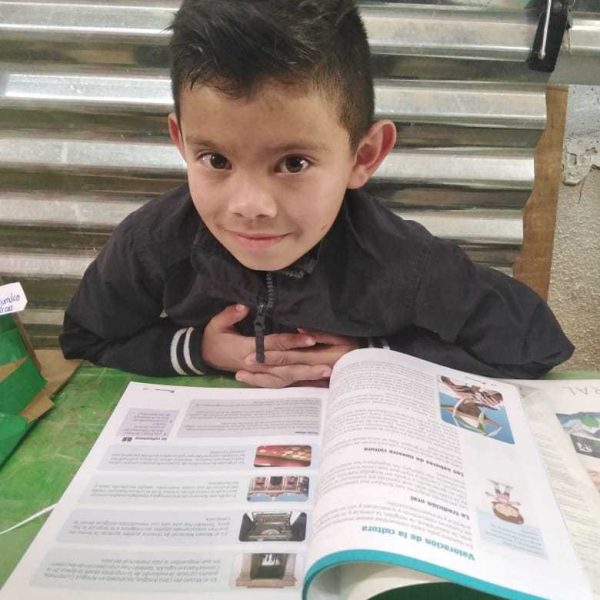The last study provided by Medici Senza Frontiere is dramatic. Many stories collected by Caritas on refugees who fled from Myanmar to Bangladesh. And international diplomacy takes its steps.
Hunger and epidemics, children are the most vulnerable. According to the latest study by Doctors Without Borders, 6700 deaths in a single month (between 25 August and 24 September due to violence in Myanmar) of which 730 are children under the age of 5.
The study was carried out among the refugees in Bangladesh and was published two weeks after the Pope’s visit. The numbers, terrible, could be worse: “The total number of deaths is probably underestimated because MSF has not conducted investigations in all refugee camps. in Bangladesh.
The number leaves astonished, as if shocked leave the testimonies given by some refugees to Caritas. “Six days ago, the army attacked our city, they were shooting everywhere, they shot my wife behind and killed her,” says Abdul Rahman, a Rohingya refugee who fled from Myanmar to Bangladesh.
“We have nothing. We are desperate “, is one of the many desperate stories collected by the Pastoral Organization of the CEI. Nearly 400,000 people have fled violence in Myanmar, Cox’s Bazar, Bangladesh. They live in makeshift camps, temporary shelters, in villages or outdoors. They are totally dependent on humanitarian aid, clean water is scarce and health facilities are terrible. Of those who have gone through, when violence has intensified in August, it is estimated that around 200,000 are children.
They are in an incredible risk situation and need urgent help. It is also news of a few days ago that diphtheria is rapidly spreading in the Cox’s Bazar refugee camp. The WHO states, according to which the suspected cases are 110 with six deaths. “These cases could be the tip of the iceberg,” says the representative of the WHO Navaratnasamy Paranietharan.
Meanwhile, the Bangladesh government, supported by UNICEF, WHO and Gavi (the Global Alliance for Vaccinations), has launched a vaccination campaign against diphtheria and other preventable diseases for all Rohingya children aged between 6 weeks and 6 years living in 12 camps for refugees and temporary settlements near the border with Myanmar. Rapid vaccination will cover approximately 255,000 children in the sub-districts of Ukhiya and Teknaf in Cox’s Bazar, while the government and partners in the healthcare sector will continue to increase support for the treatment and prevention of diphtheria.
The stories are terrible and the situation precepts from day to day. In the Kutupalong camp, each store contains several horror stories, across the border. “We have nothing”, says a newcomer to the camp, who fled his village, in the district of Mangdu, when the soldiers arrived and started firing. “The only thing we brought were the clothes we were wearing. They killed my son. He was only 25 years old “.
Looking across the Naf River in Myanmar, there are plumes of smoke rising from the burned villages, while the desperate Rohingyas arrive crammed into wooden boats. “There are hundreds of thousands of people who have been forced to leave their homes. They have nothing. It is a tragic situation, both inside and outside the country, “said Caritas Internationalis Secretary General Michel Roy. “Violence and aggression must cease. Humanitarian agencies need unhindered access. The Rohingya dignity must be recognized “.
In Myanmar there are 400,000 internally displaced people (in addition to the Rohingya 600,000 who fled to Bangladesh) belonging to the ethnic groups Kachin, Karen, Chin, and Shan, equally discriminated and with situations of tension with the army that are not yet subsiding. The 120,000 displaced Kachin, for example, are mostly Christians and have been living in refugee camps for over six years. “But for them there has never been the slightest attention from the international community, which intervenes only when there are high peaks of crisis; but when conflicts are low intensity there is no interest “, says Win Tun Kyi, national director of Karuna (which in Sanskrit means” charity “), the efficient Caritas of Myanmar. In the refugee camps of Kachin State, Caritas distributes food and water, provides temporary housing and health services to at least 40,000 people.
From the agreement of governments to the UN Council
Many solutions put in place by international diplomacy. From the agreement between the governments of Bangladesh and Myanmar (which provides for the start of the repatriation of Rohingya refugees within a couple of months) to the UN Human Rights Council (UNHRC) which called for an international inquiry into the abuse and crimes against the Rohingya that could foreshadow genocide. Great tragedy. After decades of state absence imposed on the Rohingya, “discriminating policies, horrendous violence and abuse along with forced relocation and the systematic destruction of villages, can we rule out that this is a genocide?”, Stressed the UNHCR leader, Zeid Ra’ad Al Hussein. The manager has called a special session of the Council to take “the necessary measures to end this madness”. The latest figures estimate that there are 626,000 Rohingya refugees who have arrived in Bangladesh since October last year.
The Pope asks for forgiveness
And meanwhile the Pope has asked for forgiveness. “Your tragedy is very hard and great, but we give you space in the heart: in the name of all those who persecuted you, who have done you evil, I ask forgiveness”. With these words Pope Francis addressed, at the end of the interreligious meeting on peace, a group of Rohingya refugees who fled from Myanmar during his trip to Myanmar and Bangladesh.
Who are the Rohingya
Rohingya is an ethnic minority that lives mainly in the state of Rakhine, on the west coast of Myanmar, which practices Islam. They have been marginalized and forced to accept precarious living conditions in the border areas of Bangladesh and Myanmar for decades.
In the 1980s, the Myanmar government denied the Rohingya their nationality, arguing that their presence in Myanmar was not legal. Since then, there has been an influx of Rohingya asylum seekers in Bangladesh, especially during the persecution periods in Myanmar.
The Rohingya situation worsened further in October 2016, when the Arakan Rohingya Salvation Army (ARSA) first attacked a police station in Myanmar, killing nine policemen. The latest crisis began on August 25, when ARSA again launched multiple attacks on government posts in Rakhine state, and Myanmar security forces responded to the attacks.




